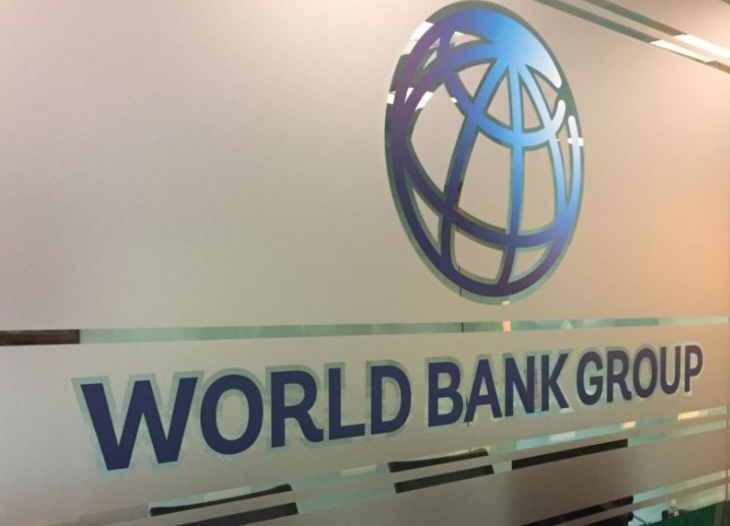The Lagos state government says the death toll from the cholera outbreak in the state has risen to 21.
On June 11, Akin Abayomi, Lagos commissioner for health, said five people died while about 60 residents were hospitalised as a result of a suspected cholera outbreak in some parts of the city.
On Saturday, the commissioner confirmed the cholera outbreak and said there have been 350 suspected cases, out of which 17 have been confirmed cases, with 15 fatalities.
Providing an update on Thursday after meeting with members of the Lagos State Public Health Emergency Operations Centre (PHEOC), Kemi Ogunyemi, special adviser to the Lagos governor on health, said the rise in cases was anticipated following the Eid-el Kabir celebration.
Advertisement
According to NAN, she said the total number of suspected infections increased to 401, with Lagos Island, Kosofe, and Eti Osa recording the highest numbers of infections.
Ogunyemi said suspected cases are subsiding across LGAs due to the state government’s intervention and surveillance efforts.
“The ministry of health, in collaboration with the state ministry of environment and its agency, the Lagos State Environmental Protection Agency (LASEPA), continues to collect samples of water sources, food, and beverages to identify the source of contamination,” Ogunyemi said.
Advertisement
“We have also intensified our surveillance activities in communities, particularly in affected local government areas, to address the situation head-on.
“We are also working with the Ministry of Basic and Secondary Education, as well as the Ministry of Tertiary Education, to ensure all precautions are taken in our schools to protect children and scholars as they return.
“Residents must, however, remain vigilant, practice good hand hygiene, and participate in community sanitation activities to stop the spread of cholera.”
Ogunyemi advised Nigerians to seek medical attention if they experience symptoms like diarrhoea, vomiting, abdominal pain, general malaise and fever.
Advertisement
She added that treatment for cholera has been provided free of charge at all public health facilities.
Add a comment






